Did you know that the latest delimitation of electoral constituencies in India was carried out after a hiatus of three decades? And that the next delimitation will be held after another three decades?
What is an electoral constituency? How are its boundaries fixed? What is delimitation? Why is periodic delimitation of electoral constituencies necessary? What are the philosophical and legal underpinnings of delimiting constituencies? How do constituencies get reserved for the Scheduled Castes and the Scheduled Tribes?
This volume addresses these and other relevant questions that lie at the heart of delimitation of electoral boundaries and have important implications for political representation. Written by some of the leading specialists and experts on the subject of delimitation, the essays discuss how the exercise of delimitation of electoral constituencies is as integral to political representation as political representation is to democracy.
Far from being a techno-bureaucratic exercise, apportioning electoral divisions involves philosophical, political, legal, and practical implications. The essays explain how the process of drawing and redrawing of lines on the electoral map involves contending interests of political parties, of individual politicians, and of spatially and culturally embedded groups.

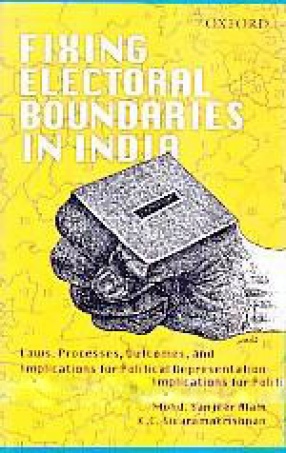
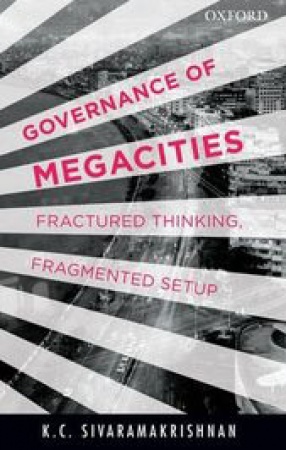
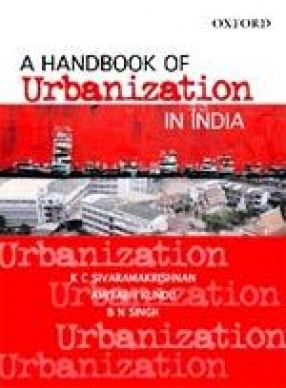
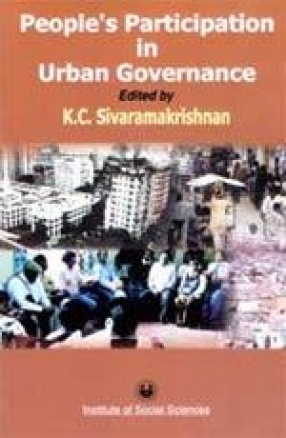
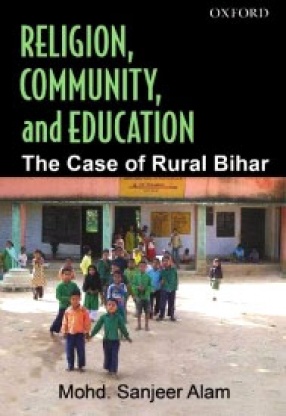

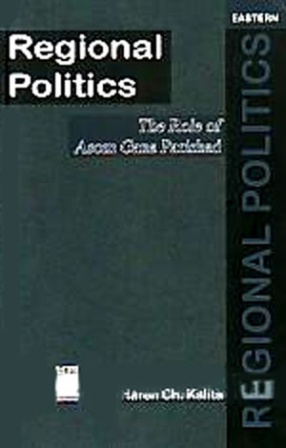

There are no reviews yet.